One of the most important emerging trends for those in the hospitality industry is the Internet of Things, or IoT for short. It is, therefore, important for hotel owners, managers, and other business leaders to make the most of it, yet many people still struggle to understand what it is and how it can help fully. In this article, you will find out more about what the Internet of Things is, and how it can benefit those in hospitality.
What is the Internet of Things (IoT)?
The Internet of Things (IoT) is the phrase used to refer to the inclusion of internet connectivity within everyday devices and appliances that have not typically had such capabilities. Examples of these devices might range from thermostats and energy meters to vehicles and large machines.
Essentially, it can turn those devices or appliances into ‘smart’ objects, capable of sending and receiving data and communicating with each other. This can improve data collection, increase automation levels, and allow multiple devices to be controlled or monitored from one centralized place, such as a phone or tablet.
Video: What is the Internet of Things?
How Can the Hospitality Industry Benefit from the IoT?
Many within the hospitality industry have already incorporated the Internet of Things into their businesses because the technology offers several crucial benefits that are especially relevant to hotels. These benefits range from allowing companies to save on energy costs to delivering a better customer experience.
In terms of the latter, IoT technology allows hotel owners to optimize the conditions within their hotel, deliver a more personalized experience for guests and reduce waiting times. In terms of operations, automation, and real-time data can help companies to identify problems earlier, and even prevent some problems from ever occurring.
5 Examples of the IoT in the Hospitality Industry
1. Hyper-Personalized Hotel Rooms
So far, the main use of the Internet of Things within hospitality management has centered on hyper-personalization. For example, Hilton and Marriott have experimented with slightly different takes on the ‘connected room’ concept, where users can control many of the room’s features from their mobile phone or from a provided tablet.
This might allow guests to control the heating, ventilation, and air conditioning systems from one place or even just specify a temperature and allow the various devices to regulate the room to that temperature automatically. It will also typically allow them to control the television, while some devices may even greet them by name.
2. Location-Based Information
Bluetooth, GPS, and beacon technology have all opened up new possibilities for delivering location-based information. This can be used by companies in the hotel and hospitality industry to send messages to customers at the precise time they are most relevant to the recipient.
This may mean, for example, sending SMS messages about menu items at the restaurant when guests are close by or advertising gym services when they are near the gym. It may also mean sending up-to-date information about local transport links or nearby attractions. Businesses can also use location data to optimize staffing levels.
3. Predictive Repairs & Maintenance
Another potential use of the Internet of Things within the hotel industry involves providing hotel staff with up-to-the-second information about the operating status of different devices and appliances and alerting those staff to any warning signs that might indicate deterioration or unusual performance.
The primary benefit of this is that it allows for repairs to be carried out or replacements to be fitted before the device or appliance fully stops working. This can be invaluable when dealing with crucial appliances the hotel cannot operate without and can allow repairs to occur before any major loss of function.
4. Electronic Key Cards
Traditionally, hotels have relied upon physical key cards or even actual keys to unlock hotel rooms. Still, the IoT opens up new possibilities for sending digital or electronic key cards directly to guests’ mobile phones. This can then communicate with the lock on the door, unlocking it, and removing the need for a separate key.
The potential of this technology also goes much further. Hotels could use internet communication technology to automatically send the electronic key to a guest’s phone an hour before the check-in time, sync the door up with the check-in desk, and allow guests to bypass the check-in desk entirely and go straight to their room.
5. Voice-Controlled Customer Service
Finally, hotel companies like Best Western, Marriott, and Wynn have been the early adopters of voice-controlled customer service. This area will likely expand substantially over the next five years, as products like Amazon Echo become more widely adopted within the home environment.
In terms of how it can benefit those in the hospitality industry, the main way is through delivering a superior customer experience. For instance, voice-controlled room assistants can allow customers to request room service, book a table at the hotel restaurant, or book spa sessions by simply speaking to a device in their room.
The Internet of Things is already being deployed in the hospitality industry, and the future potential for hotel owners makes it important to understand and capitalize on. In particular, it can help to automate processes, improve the customer experience and help hospitality companies to save money on energy costs and maintenance.
More Digital Trends
With digital technology continuously evolving, it should come as little surprise that its applications in the travel and hospitality industry also evolve. In the following articles, we piled up the most innovative digital trends in the hospitality industry.
- How to Use Artificial Intelligence in the Hospitality Industry
- How Augmented Reality is Transforming the Hospitality Industry
- How Virtual Reality (VR) Can Enrich the Hospitality Industry
- 8 Examples of Robots Being Used in the Hospitality Industry
- Blockchain Technology and Its Uses in the Hospitality Industry
- How Can Voice Control Benefit the Hospitality Industry?
- 4 Use Cases of Facial Recognition in The Hospitality Industry
- Smart Hotel; What Are the Benefits for Hotel Owners and Guests?
- 7 Ways to Transform a Hotel Room Into a Smart Room
More Tips to Grow Your Business
Revfine.com is the leading knowledge platform for the hospitality and travel industry. Professionals use our insights, strategies, and actionable tips to get inspired, optimize revenue, innovate processes, and improve customer experience.Explore expert advice on management, marketing, revenue management, operations, software, and technology in our dedicated Hotel, Hospitality, and Travel & Tourism categories.
This article is written by:
Hi, I am Martijn Barten, founder of Revfine.com. With 20 years of experience in the hospitality industry, I specialize in optimizing revenue by combining revenue management with marketing strategies. I have successfully developed, implemented, and managed revenue management and marketing strategies for individual properties and multi-property portfolios.

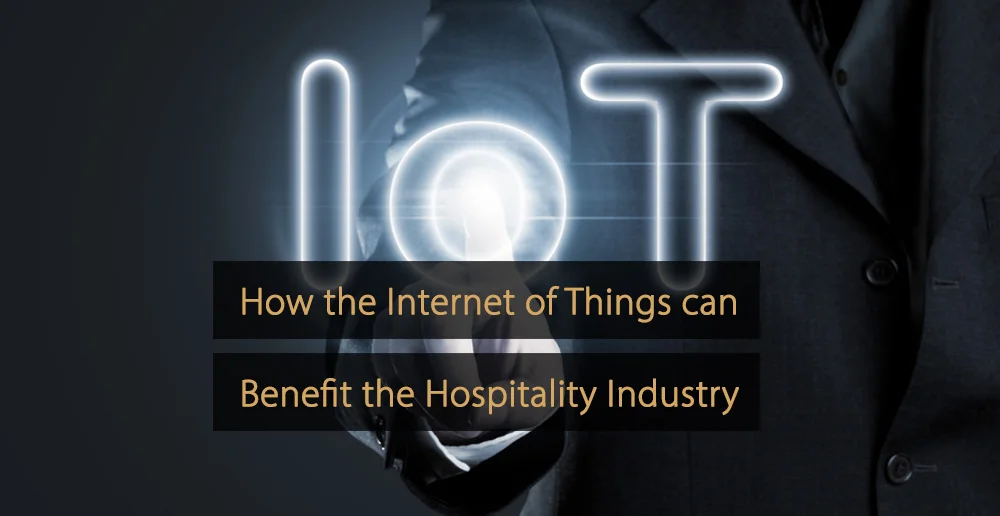

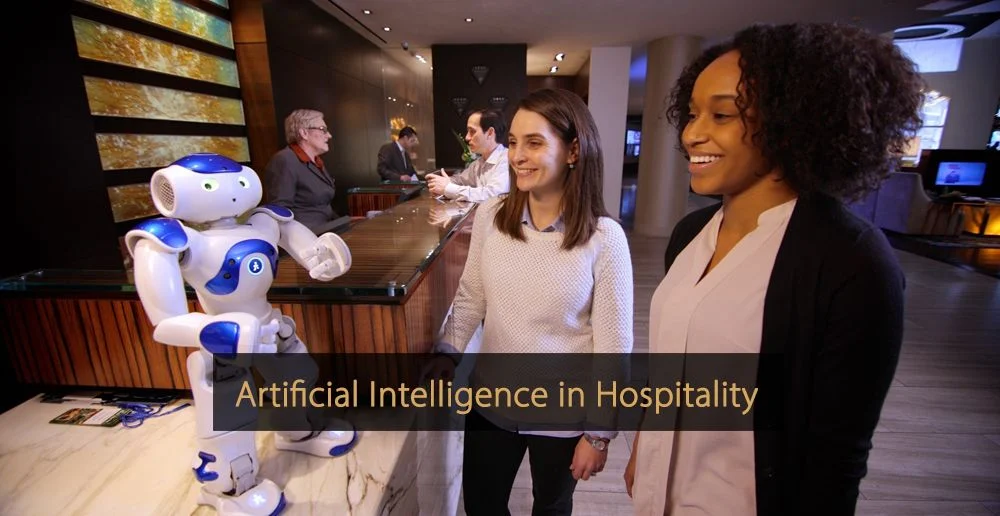

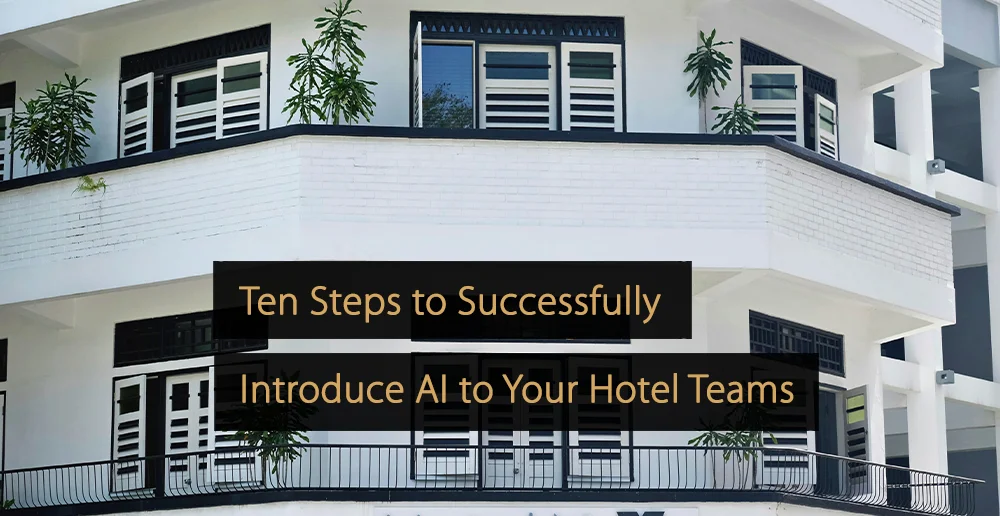
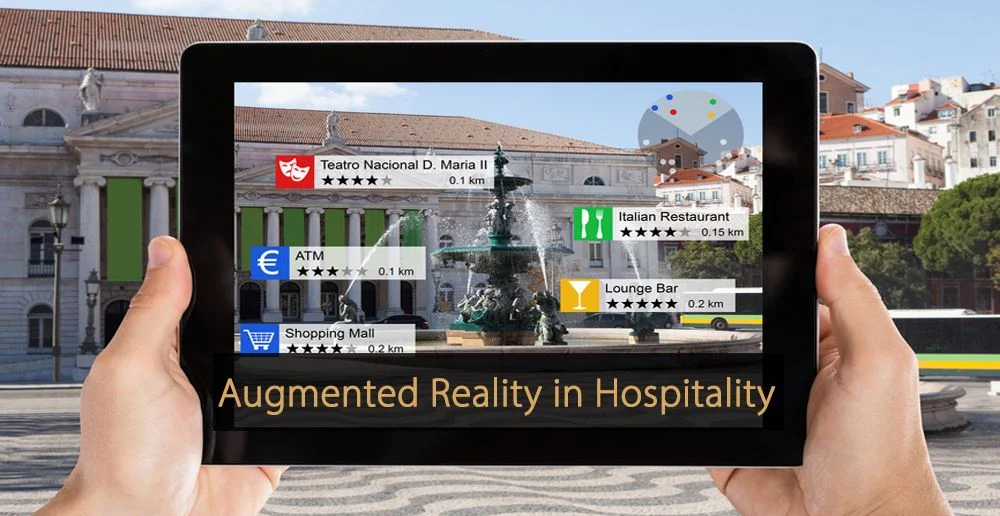
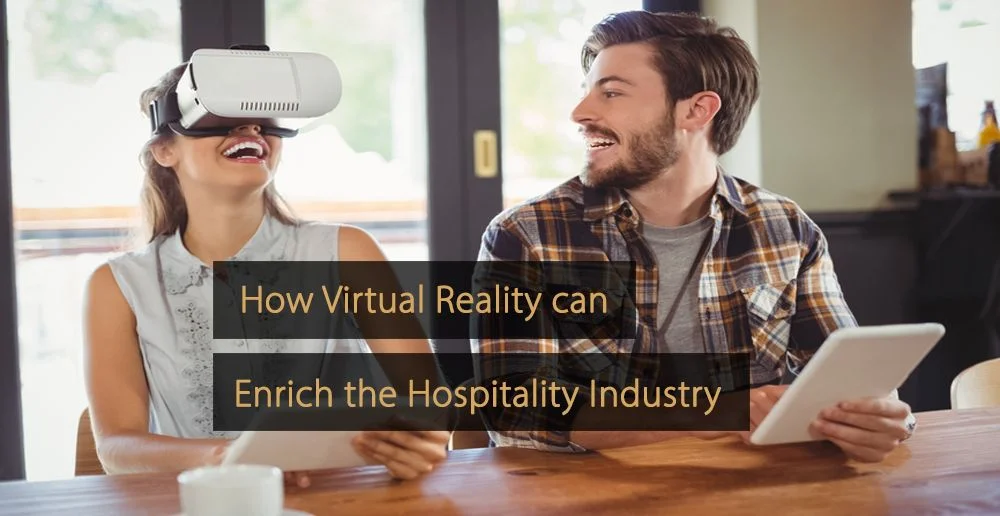

Internet of Things applications have become an everyday thing in the life of the people – be it in homes, business or within the hospitality industry.
What if you can control the ballroom’s temperature based on the number of people present in it? Or, you can send servers to pick empty dishes exactly when guests are done with their meals. All these scenarios might seem like a wild fantasy right now, but IoT can make it a reality.
Thanks for the article. I didn’t know what “the Internet of Things” meant; now everything is clearer. I appreciate it.